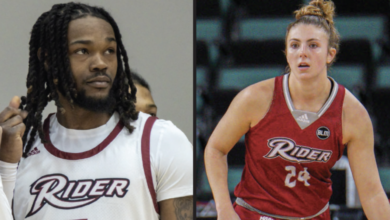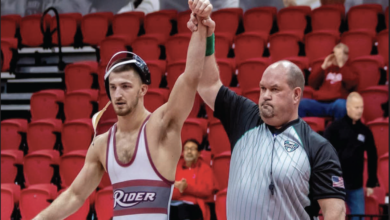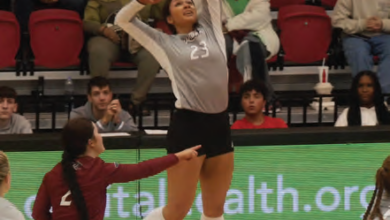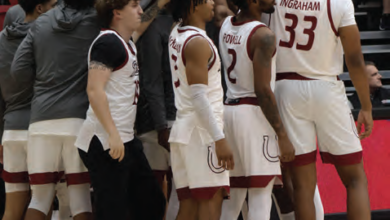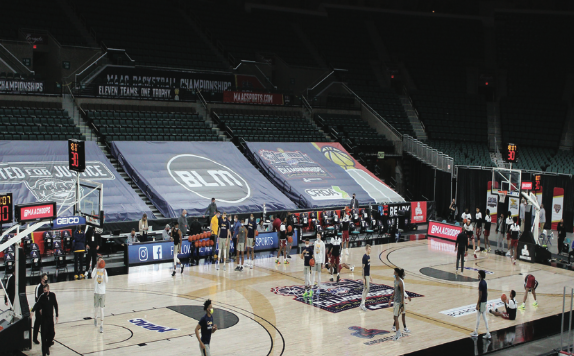
NCAA, MAAC announce new COVID-19 guidance
By Shaun Chornobroff
With the majority of the nation’s college athletes vaccinated, and the 2020-2021 school year that bears many unhappy memories for colleges and universities across the country in the past, the NCAA has updated many of their COVID-19 policies for the 2021 fall season.
With a strict vaccination requirement, along with the changes the NCAA has made, MAAC commissioner Rich Ensor is confident that the conference and its member schools, including Rider, will be able to avoid the inferno of cancellations that plagued the conference in the 2020-2021 winter and spring seasons.
“Our conference, our member schools, are taking this pretty seriously still,” Ensor said of potential roadblocks due to the ongoing pandemic. “We just have to [take] the normal precautions. Wear a mask, avoid close contact with people you don’t know. Things of that nature.”
In an email, Rider men’s soccer coach Charlie Inverso admitted he is concerned specifically about the new variant, saying “we have to be cognizant of the dangers of the new variant and that it has the potential to shut us down at any time.”
Members of athletic teams who are fully vaccinated or had been infected in the 90 days prior to a
situation will not be forced to be tested unless they are symptomatic or if it’s “based on a risk assessment of a documented close contact with COVID-19,” according to the NCAA’s Resocialization of College Sport document which was released on Aug. 4 but was updated on Aug. 18.
This differs starkly for unvaccinated student- athletes who are forced to take a polymerase chain reaction (PCR) test within three to five days of arrival or two antigen tests on non-consecutive days within three to five days after, according to the document.
If a fully vaccinated student-athlete is deemed a close contact, the document requires“masking in public indoor settings for 14 days with discontinuation if a COVID-19 test is performed three to five days after exposure and is negative, or if the assessment does not reveal high risk.”
The NCAA explains that unvaccinated athletes who are considered a close contact with someone with COVID-19 should quarantine “in accordance with public health authority guidance.”
Regardless of vaccination status, the policy for a positive test for COVID-19 states that an athlete must be isolated for 10 days, and a fever must have subsided for at least 24 hours without “the use of fever- reducing medications,” as well as the improvement of other symptoms.
In his interview with The Rider News, Ensor made it clear that he wants players and schools alike to know three things.
First, the MAAC is taking vaccinations seriously. Second, the conference is in a much better situation than it was a year ago at this time. Finally, there are still current and upcoming challenges regarding the pandemic, and precautions must be taken to avoid the issues that deprived many athletes of opportunities to compete in the not-so-distant past.
